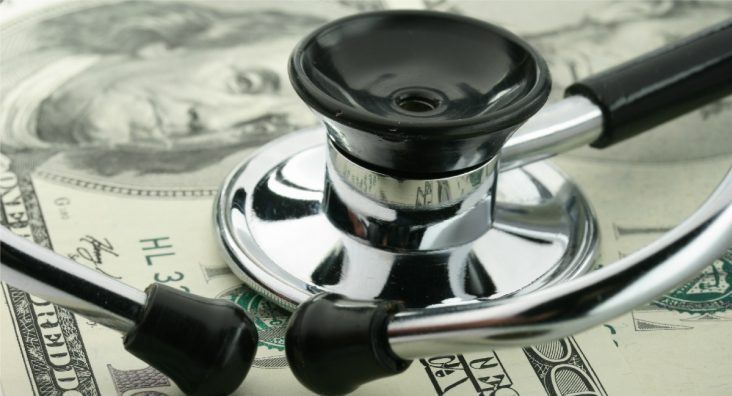Arkansas legislators move closer to health reform package
by January 20, 2016 2:21 pm 186 views

Legislators serving on the Health Reform Legislative Task Force plan a vote on recommendations March 7 and will review legislation March 29 for a special session dedicated to Medicaid.
That special session is expected to occur soon afterwards, perhaps before the regularly scheduled fiscal session that begins April 13.
Gov. Asa Hutchinson (R) is expected to address the task force at its Feb. 17 meeting. That meeting will be 16 days after he meets with federal Department of Health and Human Services Secretary Sylvia Burwell about the state obtaining a waiver for Arkansas Works.
Arkansas Works is Hutchinson’s program that would replace the private option, which is the state program that uses federal dollars to purchase private insurance for lower income Arkansans. The private option was created in 2013 using a federal waiver as part of the Medicaid expansion allowed states under the Affordable Care Act, which created Obamacare. Arkansas Works continues the program while including more personal and financial responsibility on the part of recipients.
The task force was created by legislation in 2015 to consider changes to the private option. Some legislators are opposed to the program because they say it’s an unacceptable expansion of Obamacare the state will not be able to afford when it becomes responsible for 5% of the cost starting in 2017, a number that increases to 10% by 2020.
Hutchinson said Tuesday (Jan. 19) in a press conference that the state could have two special sessions this year: one for health care and one for highways, in addition to the fiscal session. At that press conference, he said his plan for increasing funding for highways without raising taxes depends on the Legislature continuing the Medicaid expansion.
Legislators heard Wednesday from The Stephen Group, the consultant they hired, about a study being conducted to determine how the state could save $835 million in Medicaid from fiscal year 2017 through fiscal year 2021, which would cover that 10% match required for the private option.
The savings being considered would come through a continuation of the state’s policies with help using a “managed fee for service” model outlined by John Stephen of The Stephen Group. That’s where a private company would manage some aspects of some Medicaid operations and face undetermined penalties if costs exceed expectations.
Another option for cost savings would come from a managed care model, where a private company or companies would manage an entire operation under contract. The contract would spell out the costs of care. The private company would increase its profits if care is cheaper than required by contract, and it would pay the difference if costs are higher.
In a report released to the Legislature last year, The Stephen Group said such a managed care model would achieve the greatest savings among the various alternatives. Some legislators agree, while others do not.
Stephen told legislators that Medicaid spent $4.88 billion in fiscal year 2015, not including the money spent on the “medically frail” population introduced to the program though the private option. At an expected 5% annual growth rate, that number rises to $6.54 billion by 2021 for a total cost of $29.7 billion from 2017-21. Legislators are trying to cut at least $835 million out of that amount.
Stephen said the state also could achieve substantial savings if it can reduce that growth rate. A 4% rate would save $588 million. A 3% rate would save $1.16 billion.
The Stephen Group offered several recommendations for how the state can achieve those savings, including some the state has already implemented. Those would include a continuation of reforms, such as an annual medical review, that have reduced the amount of anti-psychotic drugs administered to children under age 6 by 95%. Administrators are expanding those reviews to children under 7 and are seeking permission from the Arkansas Medicaid Drug Utilization Review Board to include eight- and nine-year-olds.
